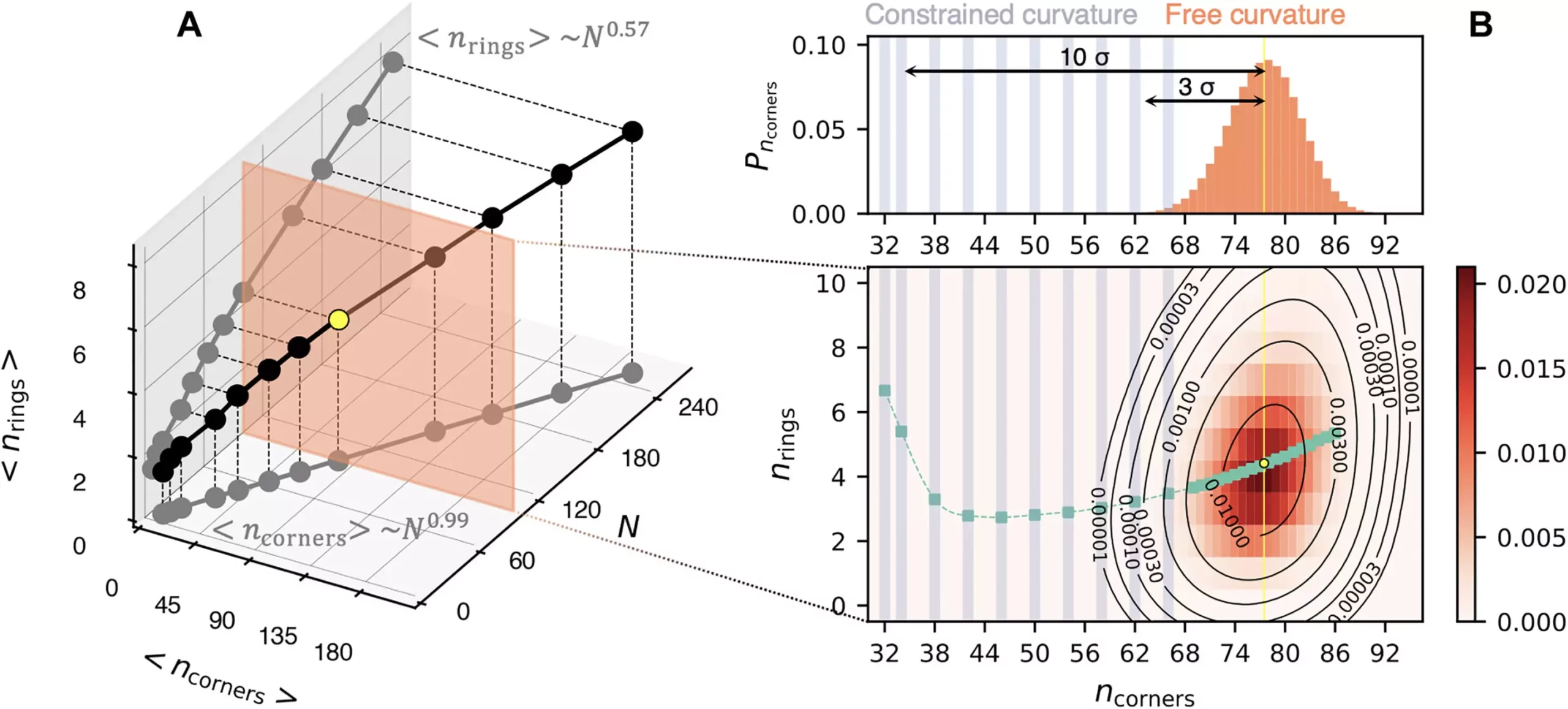Advancements in quantum computing have revolutionized the field of problem-solving, addressing challenges that were once considered insurmountable for conventional computers. Quantum computers have the potential to tackle complex problems in cryptography, pharmacology, and the study of molecular and material properties. However, the current computational capabilities of quantum computers remain limited.
QUBO: Uniting Quantum and Traditional Computing
A recent study published in Science Advances has uncovered an unexpected alliance between quantum and traditional computing methodologies. Led by Cristian Micheletti and Francesco Slongo of SISSA in Trieste, along with Philipp Hauke of the University of Trento and Pietro Faccioli of the University of Milano-Bicocca, the research team employed a mathematical approach known as QUBO (Quadratic Unconstraint Binary Optimization) that is ideally suited for a specific type of quantum computer called “quantum annealers.”
The study focused on utilizing the QUBO approach to simulate dense polymer mixtures, which are intricate physical systems with significant relevance to biology and material science. The findings revealed a remarkable boost in computational performance when employing quantum computers in comparison to traditional techniques. This breakthrough highlights the immense potential of quantum computing in various fields.
Surprisingly, the QUBO approach also demonstrated substantial effectiveness when applied to conventional computers. This enabled researchers to uncover previously unknown properties of the simulated polymer mixtures. Furthermore, the study suggests that the QUBO approach can be easily adapted to investigate a wide range of molecular systems, making its implications far-reaching.
Cristian Micheletti, the study’s coordinator, explains that traditional simulation techniques such as “Monte Carlo” have long been regarded as powerful and versatile methods for studying complex systems like synthetic polymers and DNA. However, these methods become less efficient as the system density and size increase. Consequently, studying realistic systems such as the organization of chromosomes within a cell nucleus necessitates substantial computational resources.
Francesco Slongo, the first author of the study and a doctoral student at SISSA, highlights the potential offered by quantum computers. Despite their inherent limitations as nascent technologies, quantum computers promise significant enhancements in computational performance. This is where the innovative simulation strategy proves invaluable, as it leverages the capabilities of modern quantum computers while still being applicable to traditional computing systems.
Philipp Hauke and Pietro Faccioli elaborate on the advantages of the QUBO approach. Currently, there are quantum machines specifically designed to solve QUBO problems, and they exhibit remarkable effectiveness. The research team reformulated conventional polymer models within the QUBO framework to optimally leverage these machines. Surprisingly, this QUBO reformulation also demonstrated advantages when implemented on traditional computers, resulting in faster simulation of dense polymers compared to established methods. Consequently, the study was able to unveil previously unidentified properties of these systems using standard computers.
It is not unprecedented for physical models crafted to maximize the potential of innovative computing technologies to find applications in diverse fields. The classic example is lattice-based fluid models, initially designed for supercomputers of the 1990s but now widely used across multiple systems and computer types.
The success achieved through the QUBO approach raises the possibility of similar breakthroughs in other areas. By harnessing the symbiotic relationship between quantum and traditional computing, researchers can explore uncharted territories and gain new insights into complex systems. The study’s findings highlight the transformative potential of combining these computing approaches and encourage further exploration in the realm of quantum-enhanced simulations.
The fusion of quantum and traditional computing methodologies holds enormous promise for solving complex problems. The QUBO approach, which elegantly bridges the gap between quantum and traditional computers, demonstrated exceptional computational performance when simulating dense polymer mixtures. Moreover, it showcased surprising efficacy when applied on conventional computers, enabling the discovery of previously unknown properties. This study serves as a testament to the potential of quantum computing and the immense possibilities it offers for various scientific disciplines. As researchers continue to push the boundaries of quantum computing, future breakthroughs are within reach, promising to revolutionize problem-solving across multiple domains.


Leave a Reply